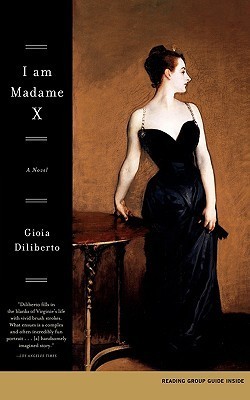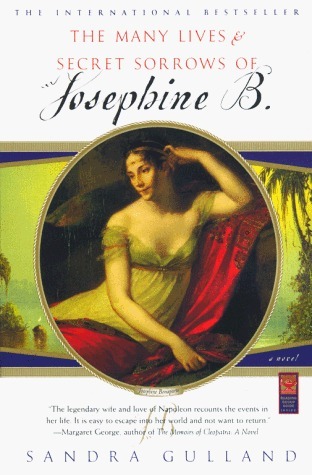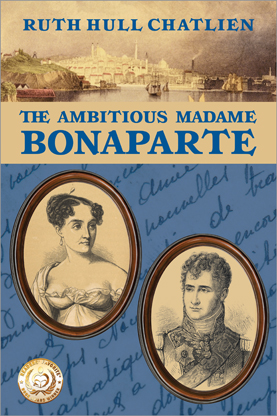
I Am Madame X
Book Description
She was the woman behind the scandalous portrait that captivated Paris and ignited whispers of desire and betrayal. In "I Am Madame X," Gioia Diliberto pulls back the velvet curtain on the life of John Singer Sargent’s enigmatic muse, revealing a world brimming with ambition, passion, and heartbreak. As the glamorous and daring Model hides her true identity, she must navigate the treacherous waters of love and art in a society that demands both admiration and conformity. Will she risk everything to claim her destiny, or will the shadows of her past consume her?
Quick Book Summary
"I Am Madame X" by Gioia Diliberto is a lushly imagined historical novel illuminating the life of Virginie Gautreau, the model for John Singer Sargent’s infamous painting, "Madame X." Set in fin-de-siècle Paris, the narrative brings readers into the opulent and restrictive world of 19th-century French high society. Virginie, an American expatriate celebrated for her looks and allure, grapples with her own desires amid the expectations placed upon women of her class. Diliberto explores her ascent as a renowned beauty, the inner struggles behind her glamorous façade, and the explosive aftermath of Sargent’s scandalous portrait. Against a backdrop of artistic ambition, societal judgment, and romantic yearning, Virginie’s journey exposes the fraught relationship between muse and artist, fame and infamy, and the personal cost of art and notoriety.
Summary of Key Ideas
Table of Contents
The Cost of Beauty and Fame
Virginie Gautreau’s journey begins in New Orleans and takes her to the heart of Paris, where her beauty swiftly attracts the attention of society’s elite. Set against the backdrop of the Gilded Age, Virginie’s American origins and striking appearance make her a figure both admired and scrutinized. The novel traces her upbringing in a world obsessed with appearances, her mother’s ambitions for her, and the relentless pursuit of status that follows them to Europe, laying the foundation for Virginie’s complex relationship with self-image.
Artistic Obsession and Creation
Parisian society welcomes Virginie for her exotic allure, but quickly imposes rigid expectations. She becomes an icon of fashion and desire, mingling with artists, socialites, and aristocrats. The narrative reveals how women’s independence was both enabled and constrained by their reputations; Virginie carefully curates her mystique, wielding her beauty as power but struggling with the limitations imposed upon her. Diliberto portrays the depth of hypocrisy in late 19th-century France, where individual freedom clashes with public scrutiny.
Constraints of Society and Gender
Virginie’s fateful collaboration with John Singer Sargent marks the story’s turning point. Disillusioned with superficial adoration, Virginie seeks to be truly seen, agreeing to pose for a young, ambitious painter. Their partnership brings creative synergy but also tension, as Sargent seeks a masterpiece and Virginie yearns for immortality. The finished portrait—sensuous, brazen—shocks Paris, igniting a scandal that damages both artist and muse. Virginie becomes a symbol of provocation, her reputation overshadowed by whispers and judgment.
Identity and Self-Invention
Reeling from the fallout, Virginie confronts personal and social consequences. Once celebrated, she is now ostracized, her private struggles magnified in the public eye. The narrative delves into Virginie’s resilience as she reckons with betrayal, heartbreak, and the enduring wound of public ridicule. As the world turns its gaze elsewhere, Virginie questions her own choices and the autonomy she believed she possessed.
The Price of Scandal
Ultimately, "I Am Madame X" is a meditation on identity, agency, and the ambiguous legacy of beauty. Virginie’s story transcends the scandal, exploring what it means to inhabit a self shaped by others’ perceptions. Diliberto demonstrates how art immortalizes not just the sitter’s image but her vulnerability, framing Virginie’s fate as both cautionary and redemptive. Her quest to define herself—apart from the myths and judgments—becomes a universal search for meaning, dignity, and self-acceptance.
Download This Summary
Get a free PDF of this summary instantly — no email required.





